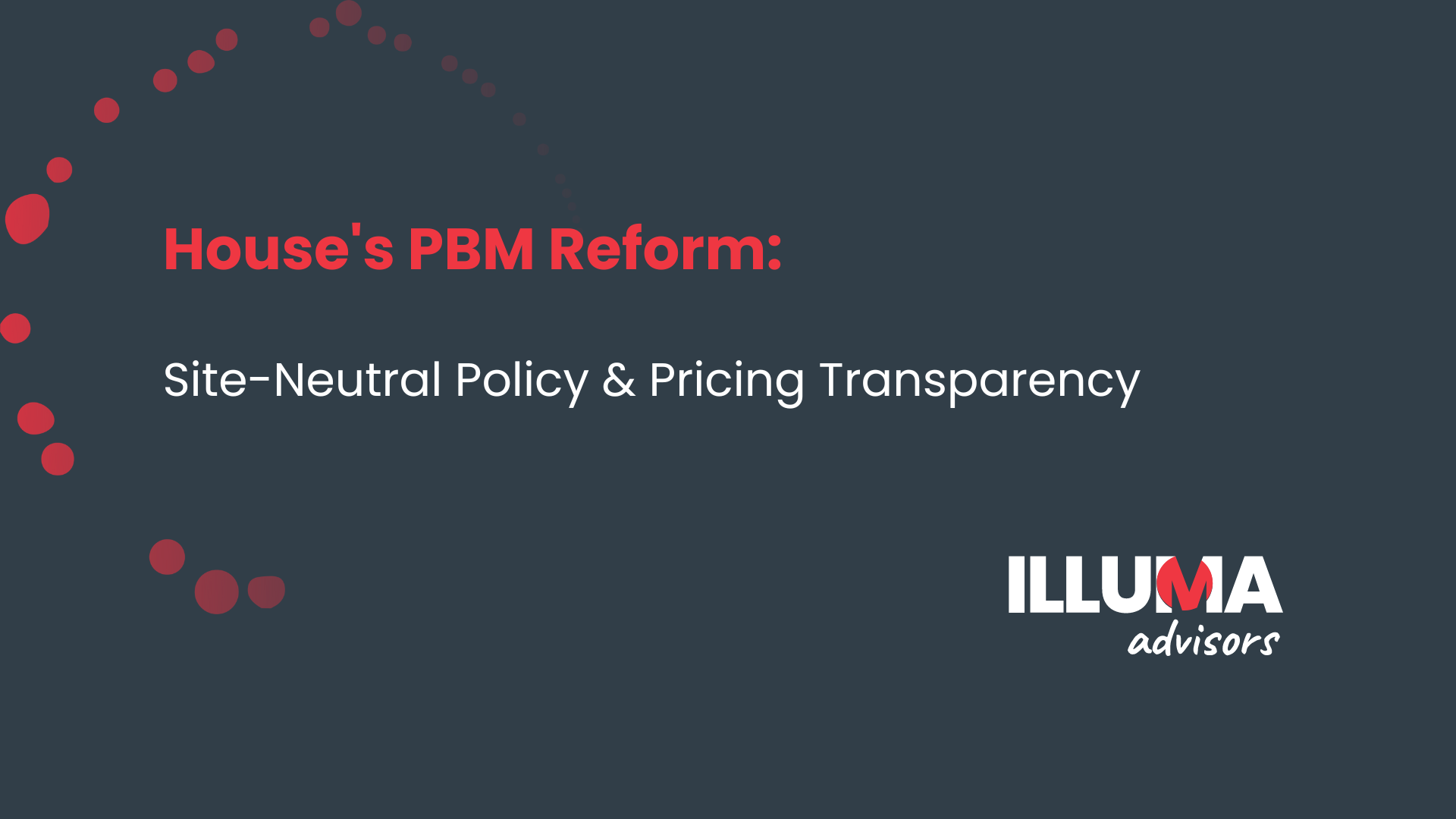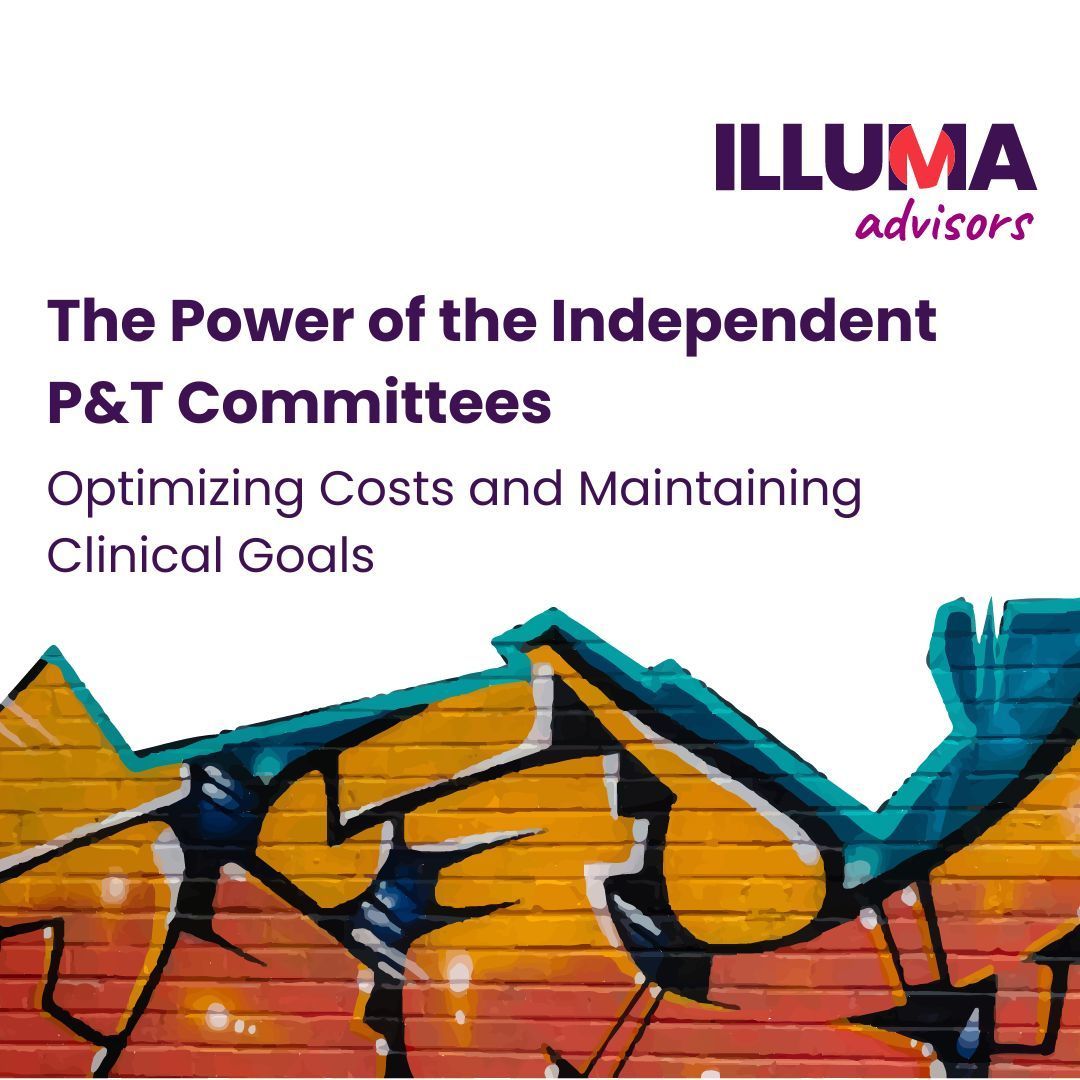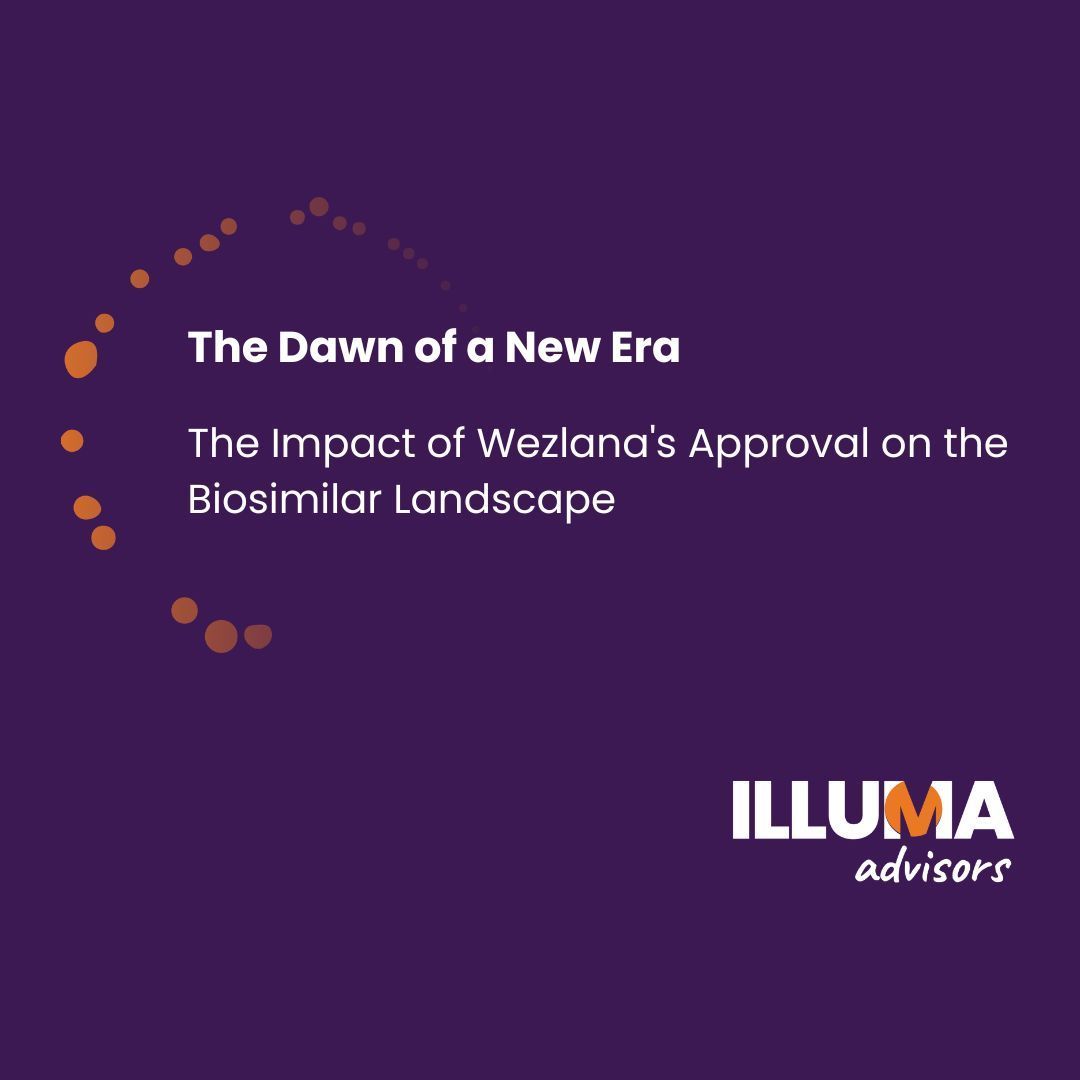House's PBM Reform: Site-Neutral Policy & Pricing Transparency

In a significant move, the U.S. House of Representatives recently passed a comprehensive healthcare package, marking a pivotal moment in the ongoing efforts to reform and streamline the American healthcare system. This legislation, while still pending Senate approval, could bring about transformative changes in how healthcare services are priced and delivered, particularly affecting Medicare, pharmacy benefit managers (PBMs), and hospital payment systems.
The Essence of the Legislation
The healthcare package, known as the Lower Costs, More Transparency Act, spearheaded by House Energy & Commerce Chair Cathy McMorris Rodgers, primarily focuses on three areas: site-neutral payment policies, PBM reform, and healthcare price transparency.
- Site-Neutral Payment Policies: This controversial aspect of the bill aims to equalize payments between hospital outpatient departments and doctors’ offices for administering medicines under Medicare. While the immediate financial impact on hospitals is estimated at $3 billion, there is a broader concern about this leading to a more extensive application of site-neutral payments, potentially costing hospitals significantly more in the long run.
- Pharmacy Benefit Manager (PBM) Reform: The legislation seeks to rein in certain practices by PBMs. Notably, it includes a ban on spread pricing in Medicaid, where PBMs charge the program more than what they pay pharmacies for drugs. This move is a step towards more transparent and fair drug pricing.
- Healthcare Price Transparency: Building on Trump-era rules, the bill mandates hospitals and insurers to publicly post their prices. Additionally, it extends this requirement to PBMs, clinical lab test providers, imaging providers, and ambulatory surgical centers, ensuring a broader spectrum of healthcare entities are covered under transparency regulations.
Implications and Challenges
The bill's passage in the House, by a bipartisan 320-71 vote, signifies a growing consensus on the need for healthcare reform. However, its future in the Senate remains uncertain. The legislation's implications are far-reaching, potentially affecting various stakeholders, including hospitals, PBMs, and Medicare beneficiaries.
For hospitals, the site-neutral payment policy could lead to significant financial adjustments. The American Hospital Association has expressed concerns, highlighting that the policy does not account for the varying levels of care, patient complexity, and regulatory oversight in different settings.
For PBMs, the reform package could mean a major overhaul in their pricing and operational strategies, particularly concerning Medicaid. Consumer advocacy groups and pharmacies have shown support for these changes, indicating a shift towards more equitable drug pricing.
The House's recent legislation marks a significant step in healthcare reform, aiming to bring more equity and transparency into the system. While its future in the Senate is yet to be determined, the implications of these changes necessitate careful navigation by all stakeholders involved. In this context, the expertise and guidance provided by firms like Iluma Advisors become invaluable in ensuring a smooth transition to a more transparent and fair healthcare system.
The Role of Iluma Advisors
In this evolving landscape, navigating the complexities of new regulations and legislation becomes crucial for PBMs and payers. This is where
Iluma Advisors steps in. With expertise in healthcare policy and regulatory environments, Iluma Advisors offers strategic guidance to help PBMs and
payers adapt to these changes effectively.
Subscribe for Exclusive Industry Insights
Subscribe for Exclusive Industry Insights












